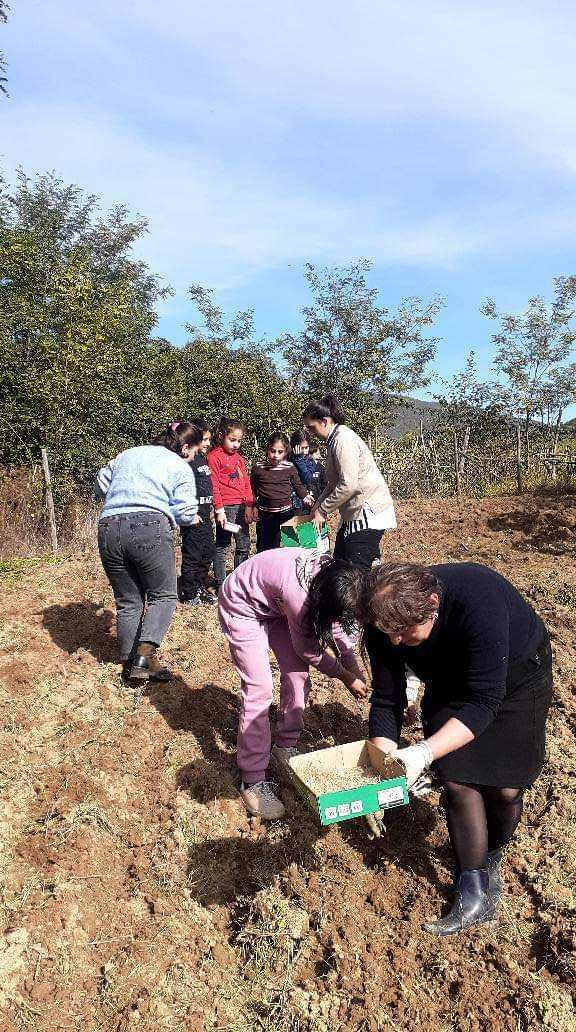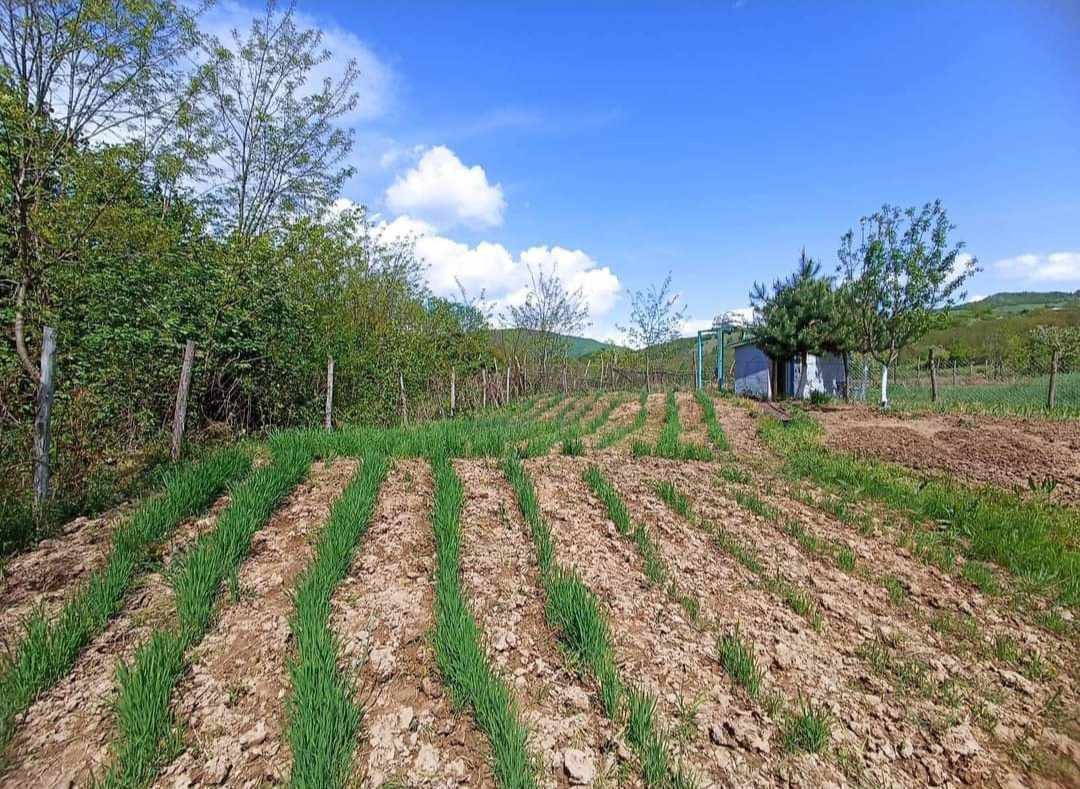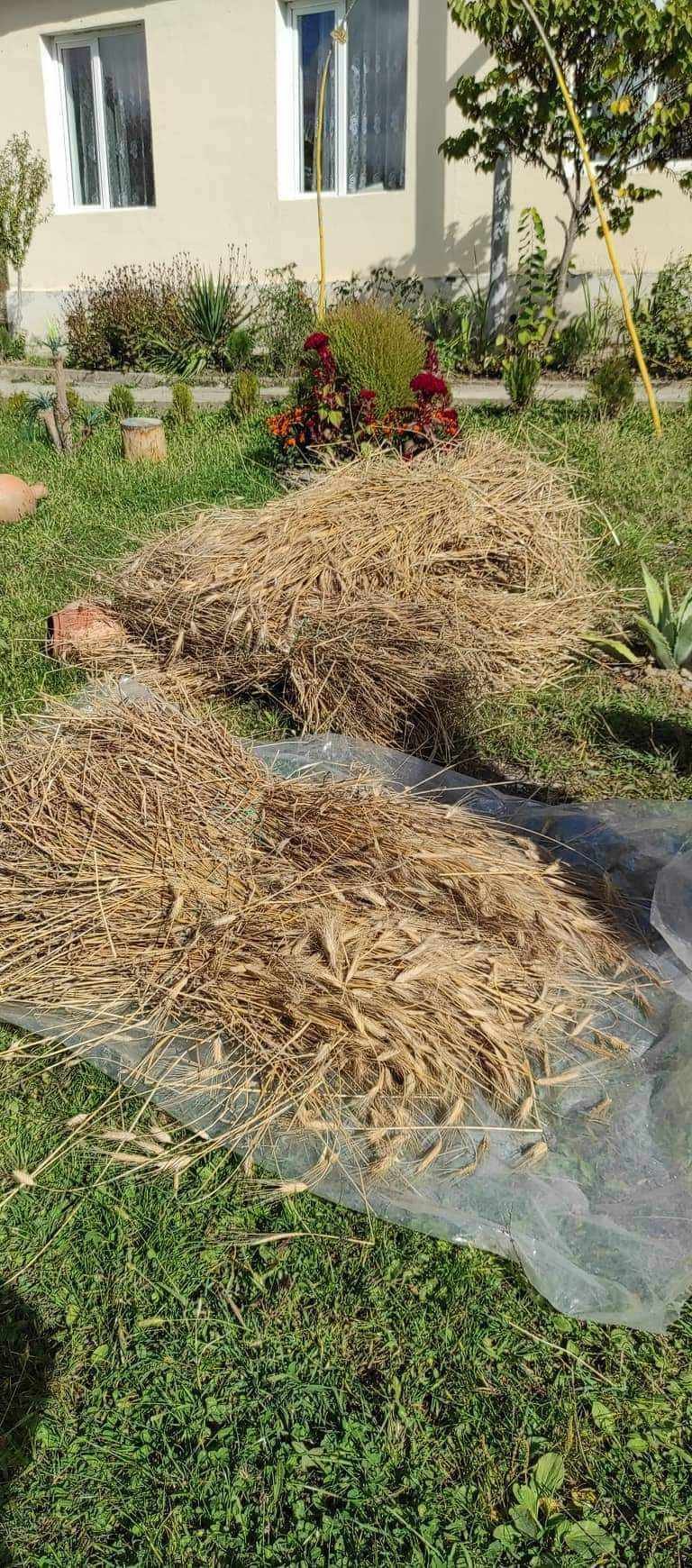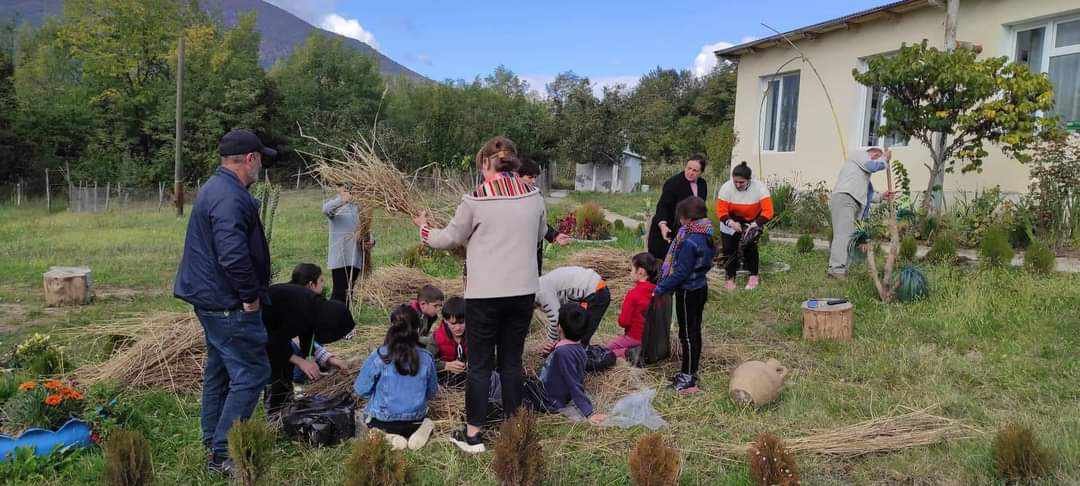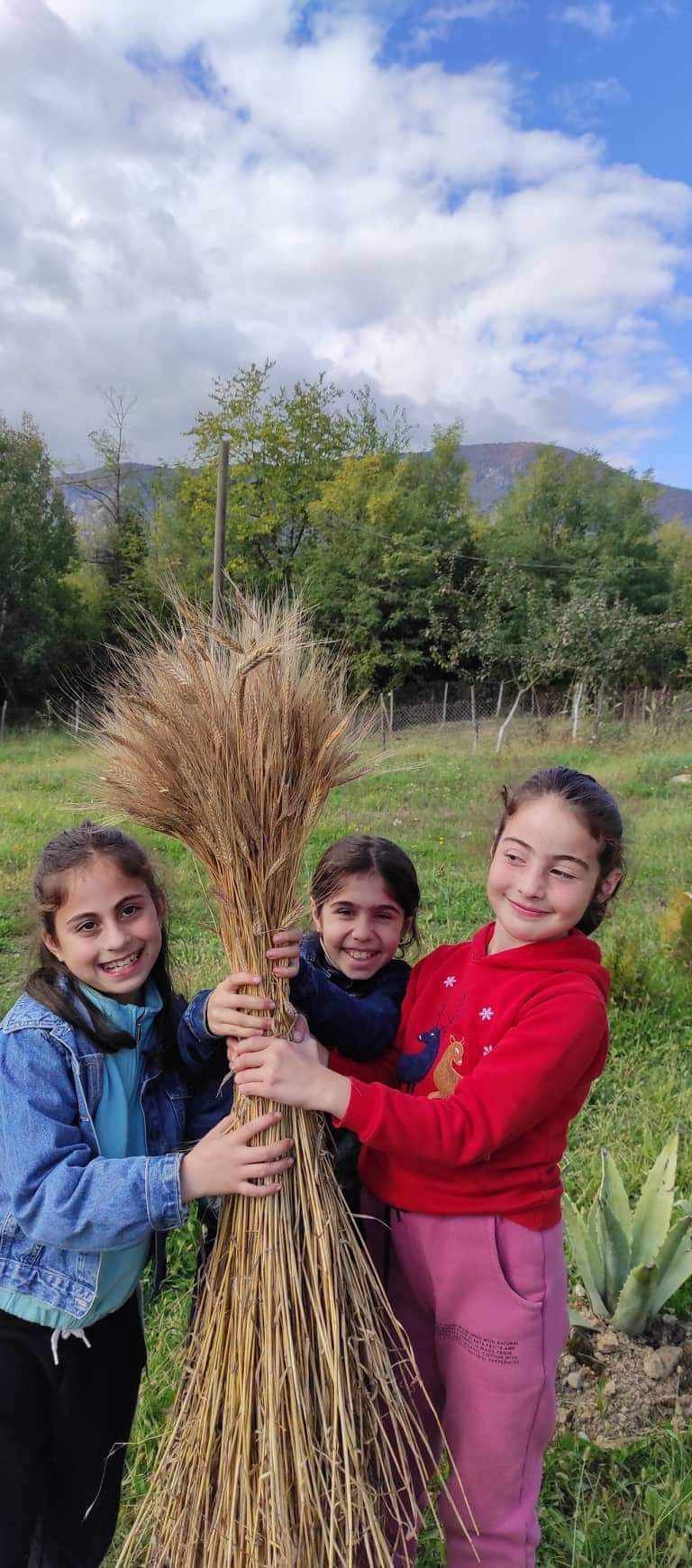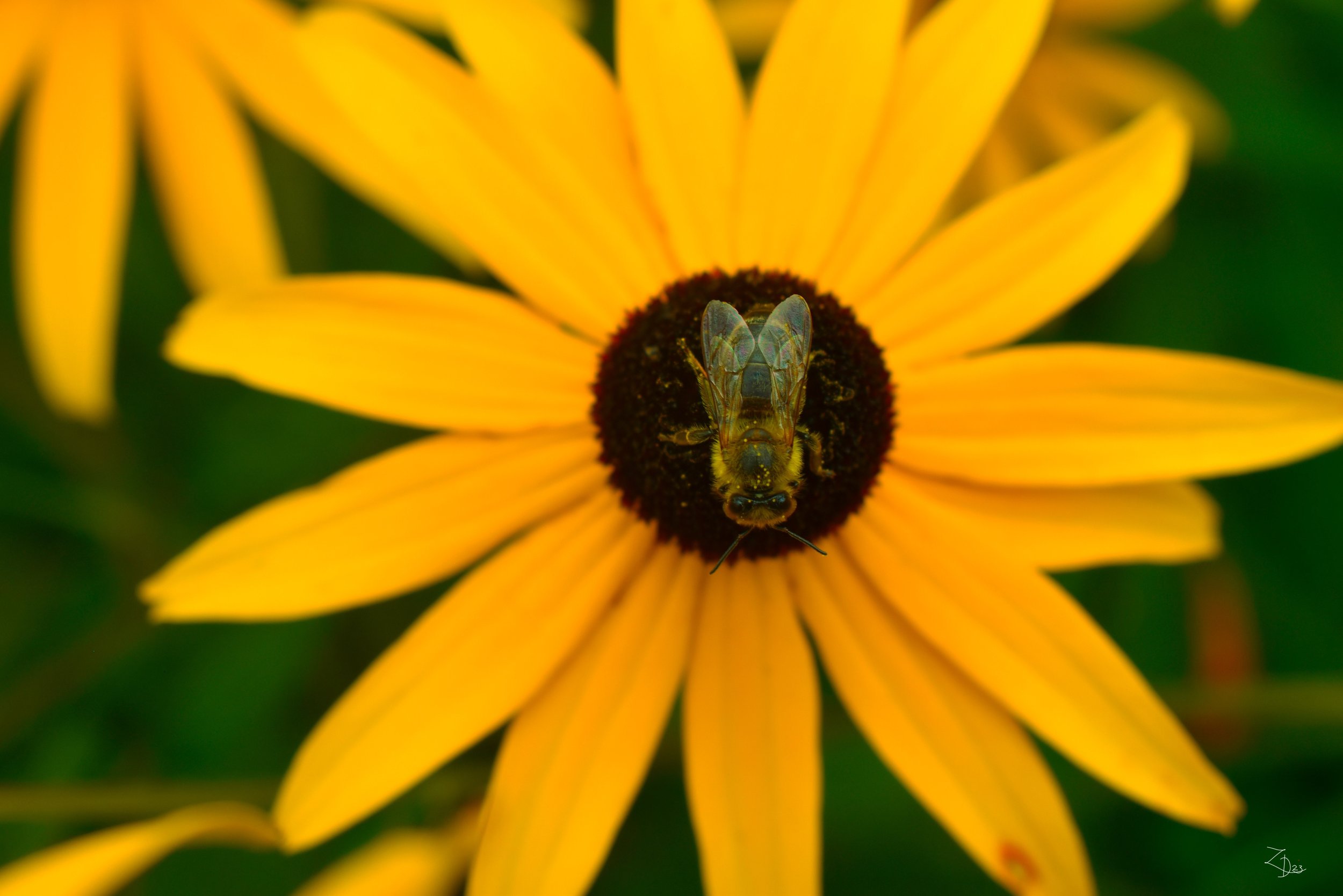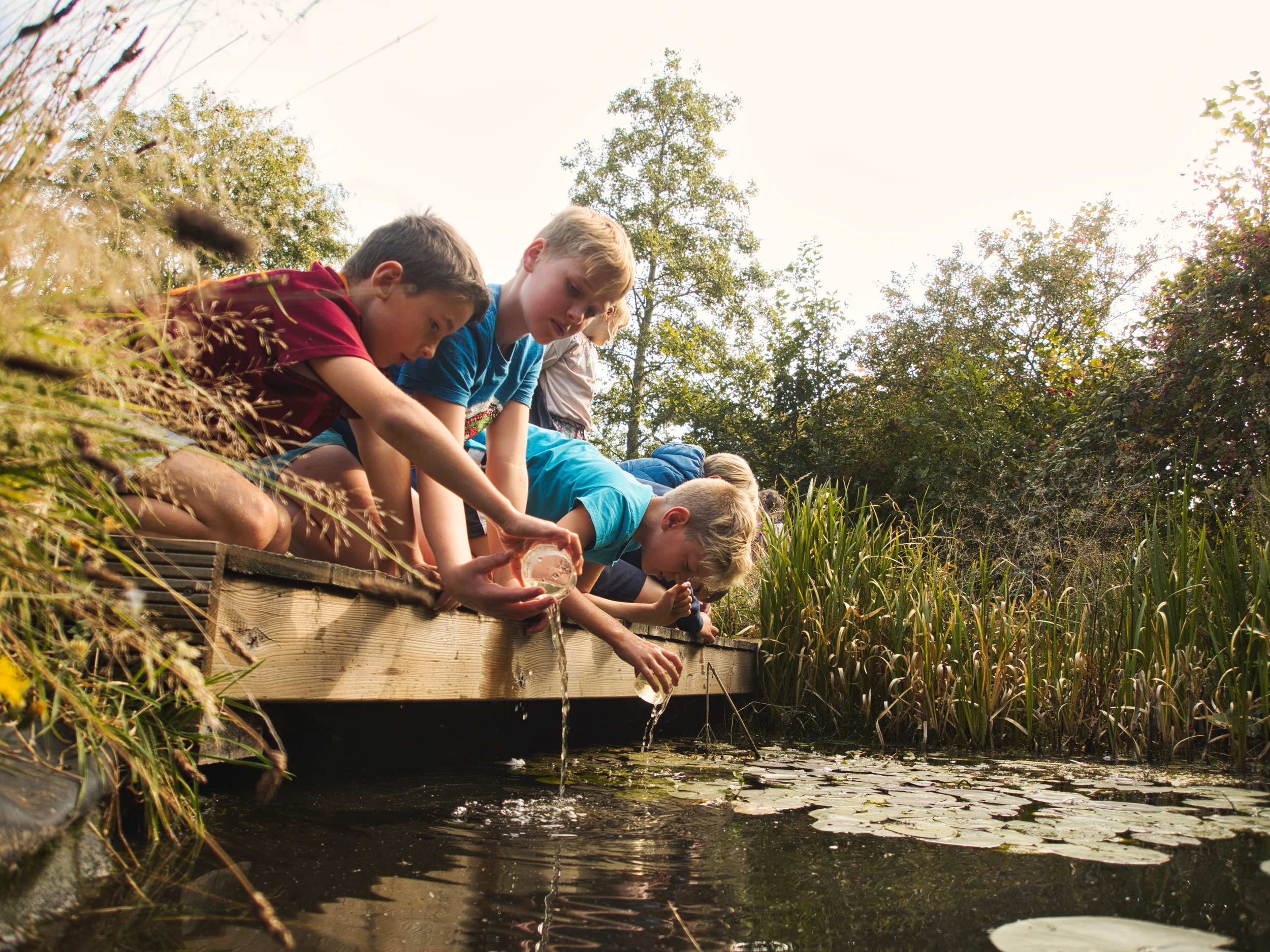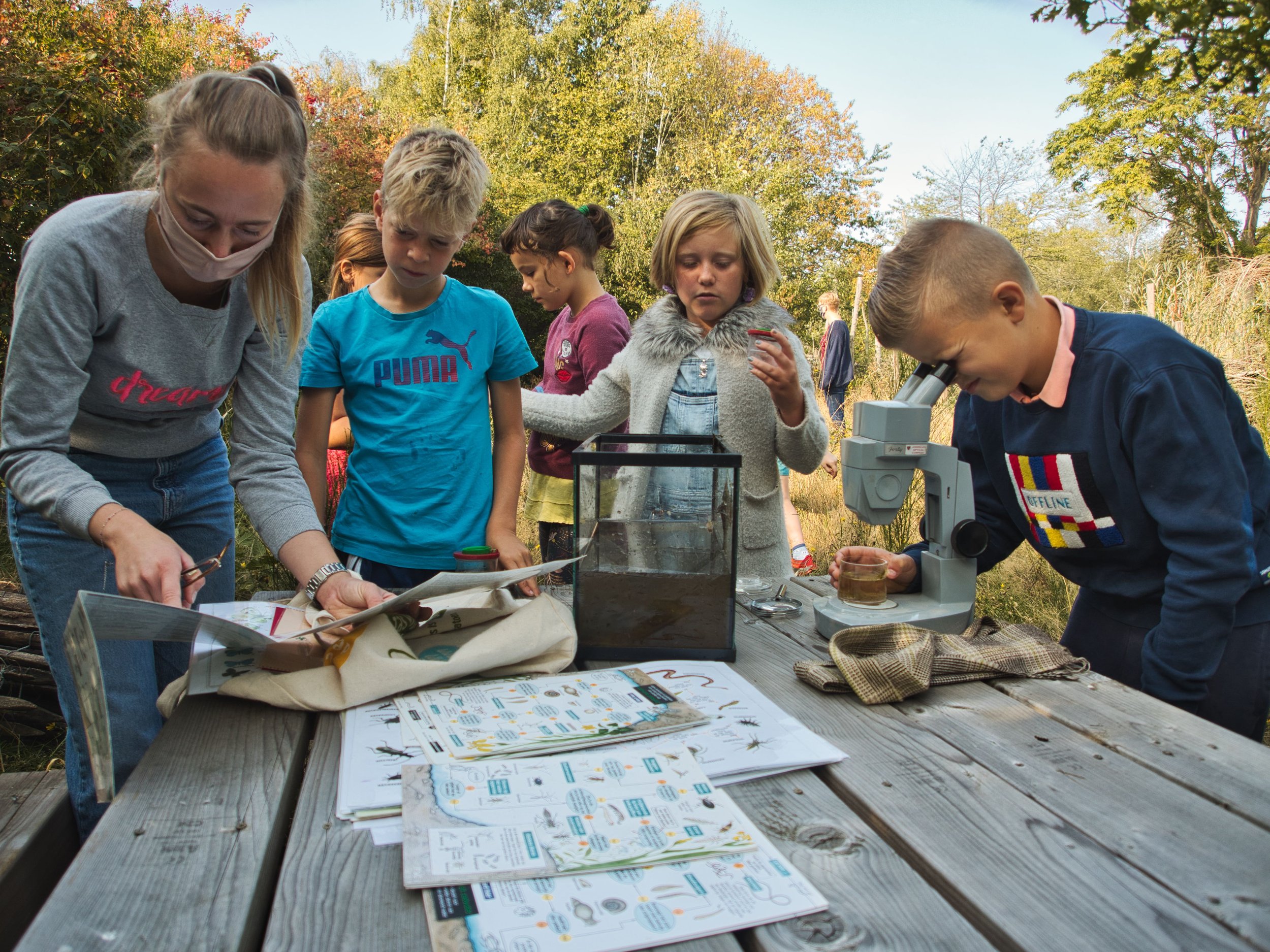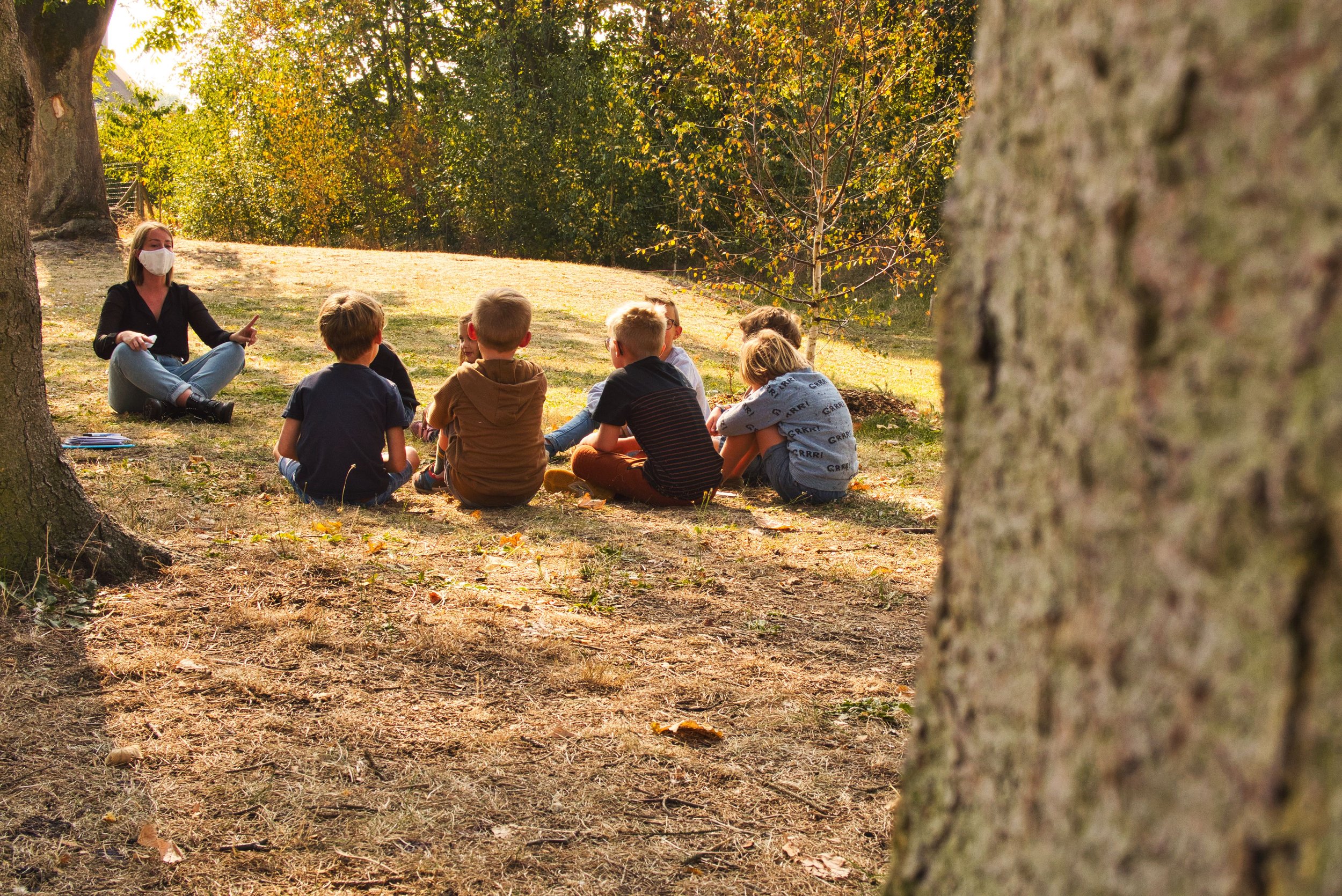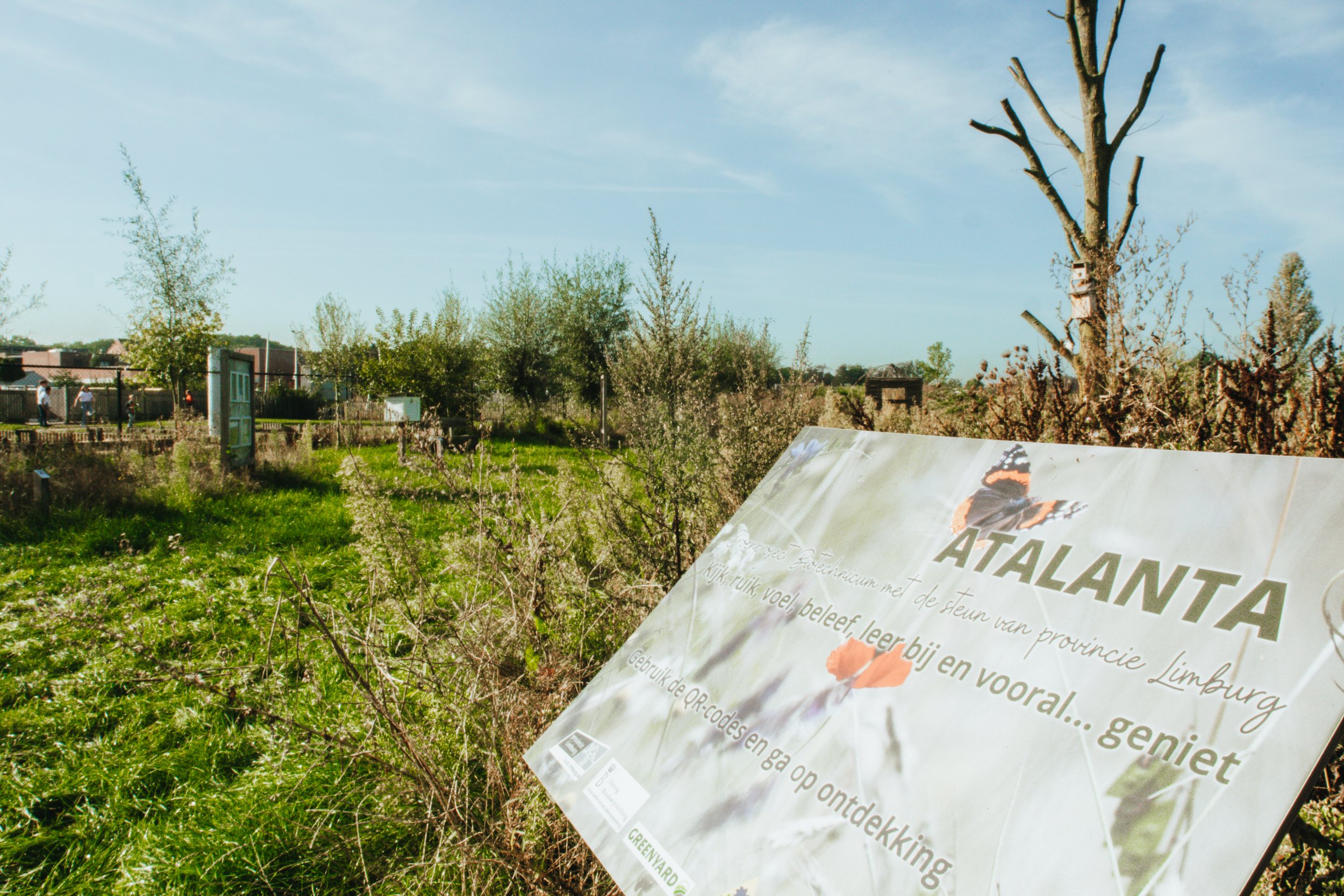In the autumn of 2023, the Estonian EcoSchools programme held an international photo competition. The competition was organised in cooperation with the “Growing with Your Food” project which is part of the activities of the 2024 European Capital of Culture Tartu.
The competition was open to children, youth and adults, and invited people to capture moments in the garden, to show others the magic and the pain of growing food. Individual photos and photo essays from educational and community gardens, as well as home gardens, were welcome. More than 1,100 photos were submitted from Estonia, Latvia, Lithuania, Poland, Slovenia, Spain, Georgia, Montenegro and Wales.
The main prize in the children’s category went to Georgia, where the photo story, written by 11-year-old Mariam Meipariani, tells about the experience of growing an ancient wheat variety in the school garden (see above). The winner of the youth category was 16-year-old Zala Debelak from Slovenia, who captured a moment on camera with the playful and multi-meaning title “Bee Happy!”. We’re especially proud to share that both winners in the children and youth categories are part of the Eco-Schools programme in their respective countries.
1st Place, Youth Prize: Zala Debelak "BeeHappy" (Slovenia)
1st Place, Adult Prize: Viktor Panasenko “Spectacular Chicken” (Estonia)
In the adult class, the main prize went to Estonia and it was awarded to Viktor Panasenko for his work “Spectacular Chicken”.
The gallery of the winning photos can be found HERE.
During the project, two guidebooks have also been created for Estonian schools and kindergartens. The first guidebook "From Autumn to Autumn - How to Create a Learning Garden" is a step-by-step guide on practical gardening in all areas, including for example composting. Currently only available in Estonian, we’ve included it here as a source of inspiration. The other guidebook is a methodological collection of gardening games, creative and laboratory tasks and practical materials which to use in a classroom. It can be viewed in Estonian here.
Congratulations to all the winners and this fantastic initiative!


